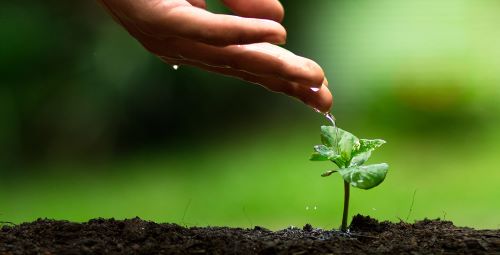Bajaj Foundation has announced the inauguration of India’s first youth-centric sustainability summit scheduled for January 18, 2024, at the Siri Fort Auditorium Delhi. Through this summit, the Bajaj Foundation aims to raise awareness among consumers, especially youth, about the impact of e-waste and the importance of effective e-waste management. The summit, endorsed by prominent entities, such as the UN, Ministry of Electronics and IT, UGC, and TERI, aims to bring together youth leaders, environmental experts, and policymakers to collectively tackle the critical issue of e-waste management.
The Youth Eco Summit will revolve around four key pillars: Educate, Engage, Innovate, and Felicitate. With the active participation of youth, the initiative seeks to create a platform for innovative solutions to sustainable e-waste management, ecological restoration, and environmental impact in youth. The initiative has garnered widespread support, including that of Tecno Mobiles and the Kiran Nadar Museum of Arts.
The summit, slated to be an annual affair, will witness interactions with over 200 schools from Delhi NCR, panel discussions with key stakeholders, scholars, and researchers, an Ideologue Competition for innovative solutions, a Best Online Slogan & Waste to Art Competition, and Eco Awards for schools. The summit will also host panel discussions on “Decoding the Crisis: e-waste & its Environmental Impact” and “From Awareness to Action: The Consumer’s Pivotal Role in e-waste Mitigation.”
Additionally, notable actor and humanitarian Sonu Sood will discuss the significance of collaborative efforts towards achieving a sustainable future.
Pankaj Bajaj, Founder, Bajaj Foundation, speaking about the Youth Eco Summit’s goal, emphasized, “Bajaj Foundation, since its inception, has consistently demonstrated its commitment to advancing the welfare of our planet. We envision the Youth Eco Summit as a transformative initiative for mobilizing young minds to actively participate in sustainable initiatives. The summit’s focus on e-waste this year stems from the enthusiastic response we received from students while spreading awareness about sustainable e-waste management practices in schools within Delhi-NCR.
“This is just the beginning of our journey, and going forward, we aspire to embrace more game-changing initiatives to address sustainability issues through the platform, with the ultimate goal of making a substantial contribution to environmental sustainability at the grassroots level,” he added.
India, the world’s third-largest producer of e-waste, is witnessing an alarming increase in electronic waste. The nation witnessed an alarming increase in e-waste from 700,000 tonnes in FY18 to 1.6 million tonnes in FY22. Furthermore, with a projected 74.7 million tonnes of global e-waste by 2030, the situation demands urgent attention. Students, with their fresh perspectives and ideas, are emerging as active warriors in the battle against e-waste.








